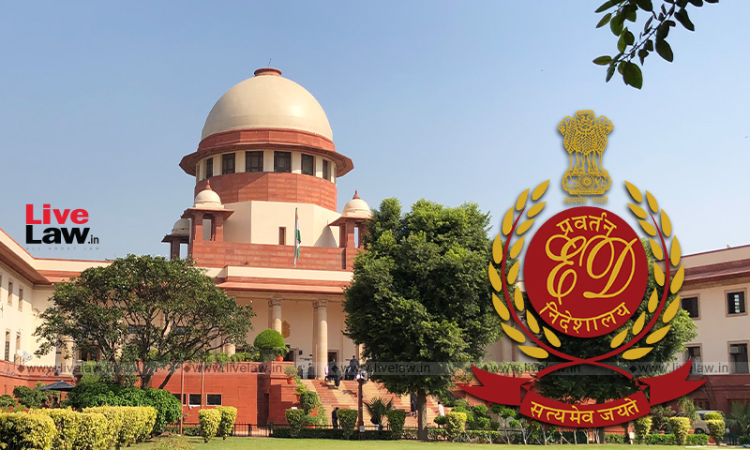In PMLA Cases, Courts Cannot Proceed On The Basis Of Preponderance Of Probabilities: Supreme Court
Shruti Kakkar
7 May 2022 5:49 PM IST

Next Story
7 May 2022 5:49 PM IST
The Supreme Court has observed that in cases of PMLA, Court cannot proceed on the basis of preponderance of probabilities. It was also observed that it is incumbent upon the Court to look into the allegation and the material collected in support thereto and to find out whether the prima facie offence is made out. The Top Court had rendered this observation while considering a...
